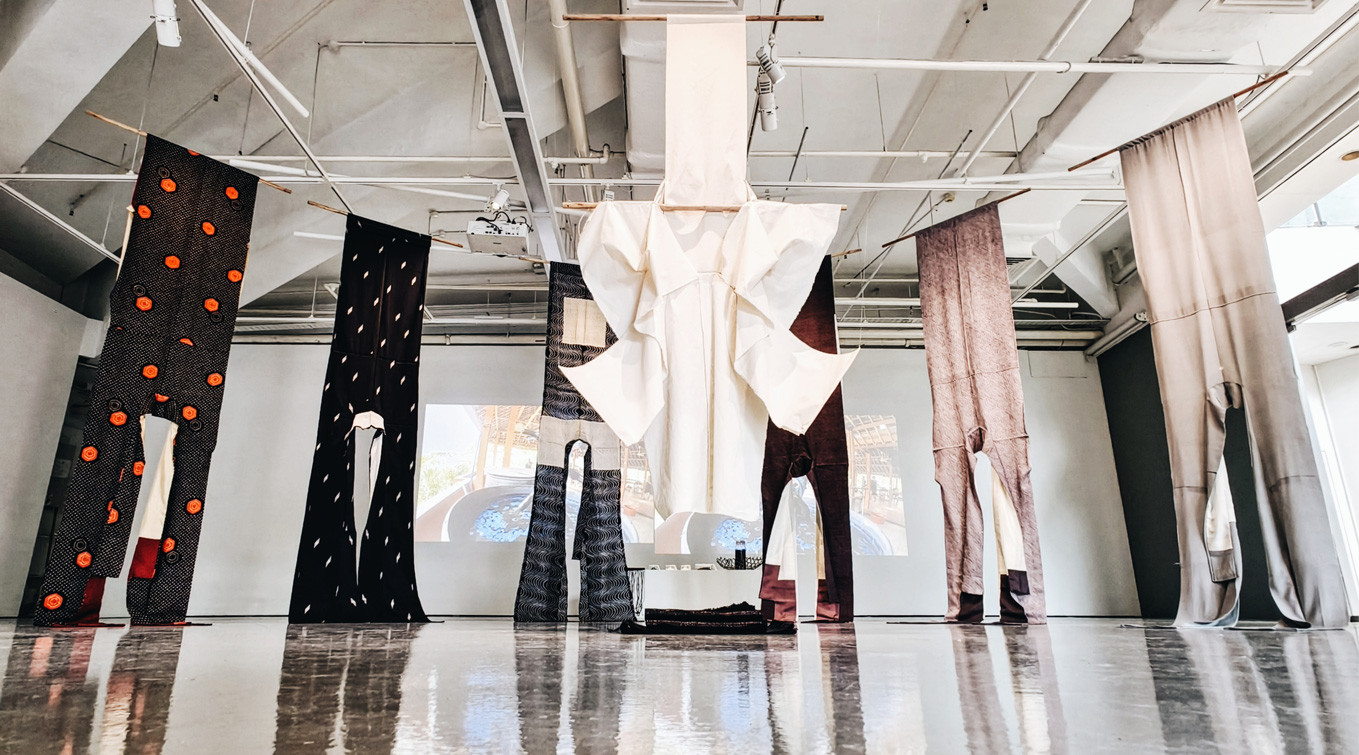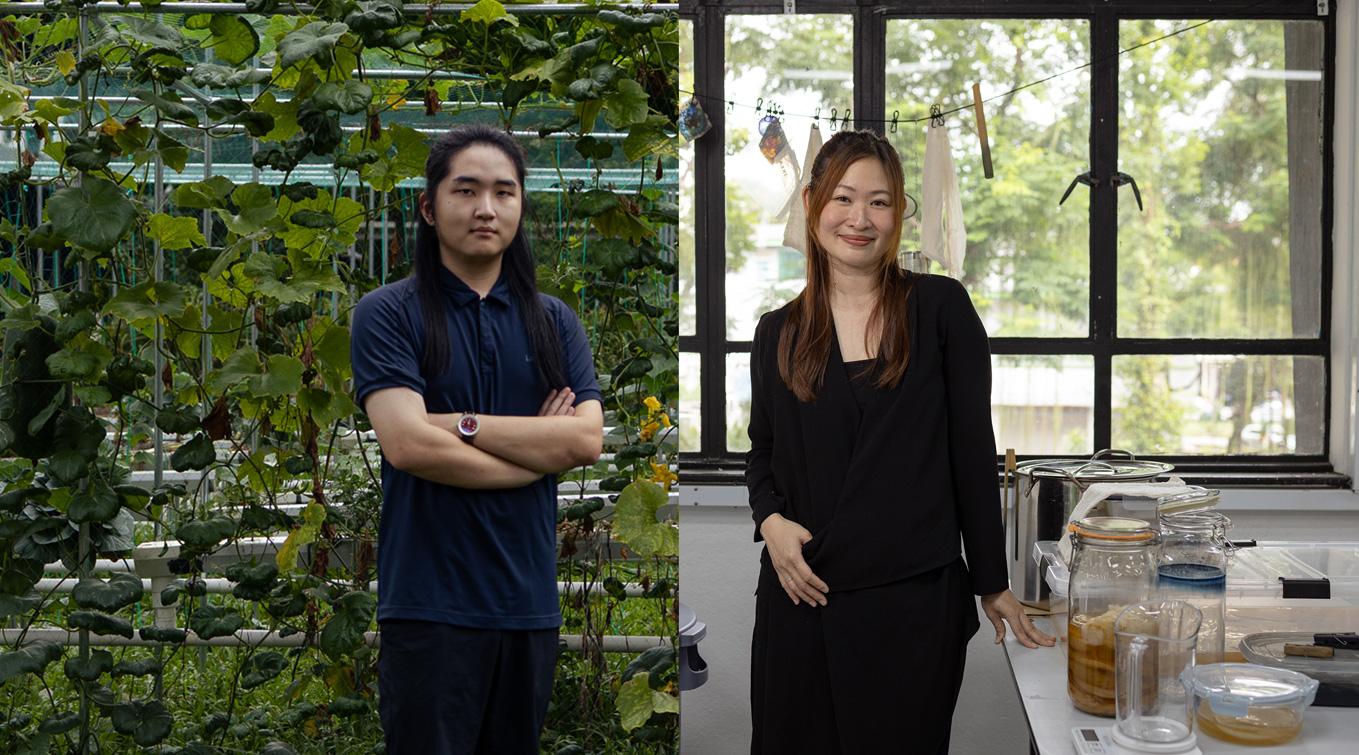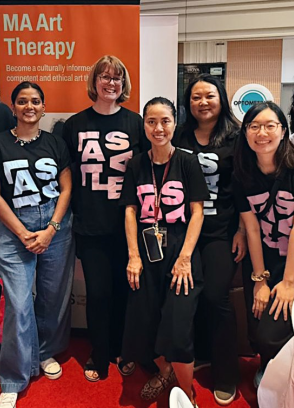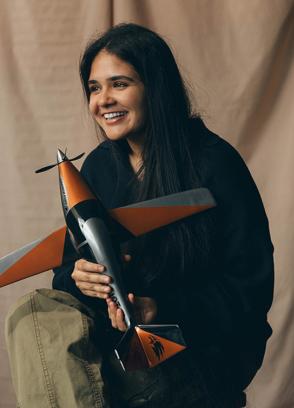The MA Arts and Ecology programme, one of LASALLE’s latest MA offerings, is a unique transdisciplinary programme for creative practitioners who seek to explore critical environmental discourses, address questions around ecological crisis and build sustainable environments through art and creative practices.
The pioneering programme has attracted applicants from diverse backgrounds and practices. Class of 2025 graduate Charles He, for instance, had completed a fine arts honors degree in New Zealand before beginning his explorations in the field of agricultural technology. These twin interests came together in his practice which reframes farming as a nature ritual, where the cultivation of pigments serves as a conduit between agrarian cycles and artistic creation.
Meanwhile, fellow Class of 2025 graduate Pauline Lim had a multifaceted fashion career spanning design, education and creative direction. She serves as the creative director of her own fashion label PAULINE.NING, and has shown her collections in Singapore, Seoul and New York.
However, Pauline grappled increasingly with reconciling her love for fashion with its detrimental environmental effects and questioned how she could continue her label without further contributing to the environmental strain. This led her to pursue an MA in Arts and Ecology at LASALLE as a Singapore Fashion Council scholar.
We checked in with Charles and Pauline at their studio at Winstedt Campus prior to their graduation exhibition in July and asked them to look back on their journey and how the programme has impacted their practice thus far.
Charles He: Cultivating pigments as a conduit between agrarian cycles and artistic creation
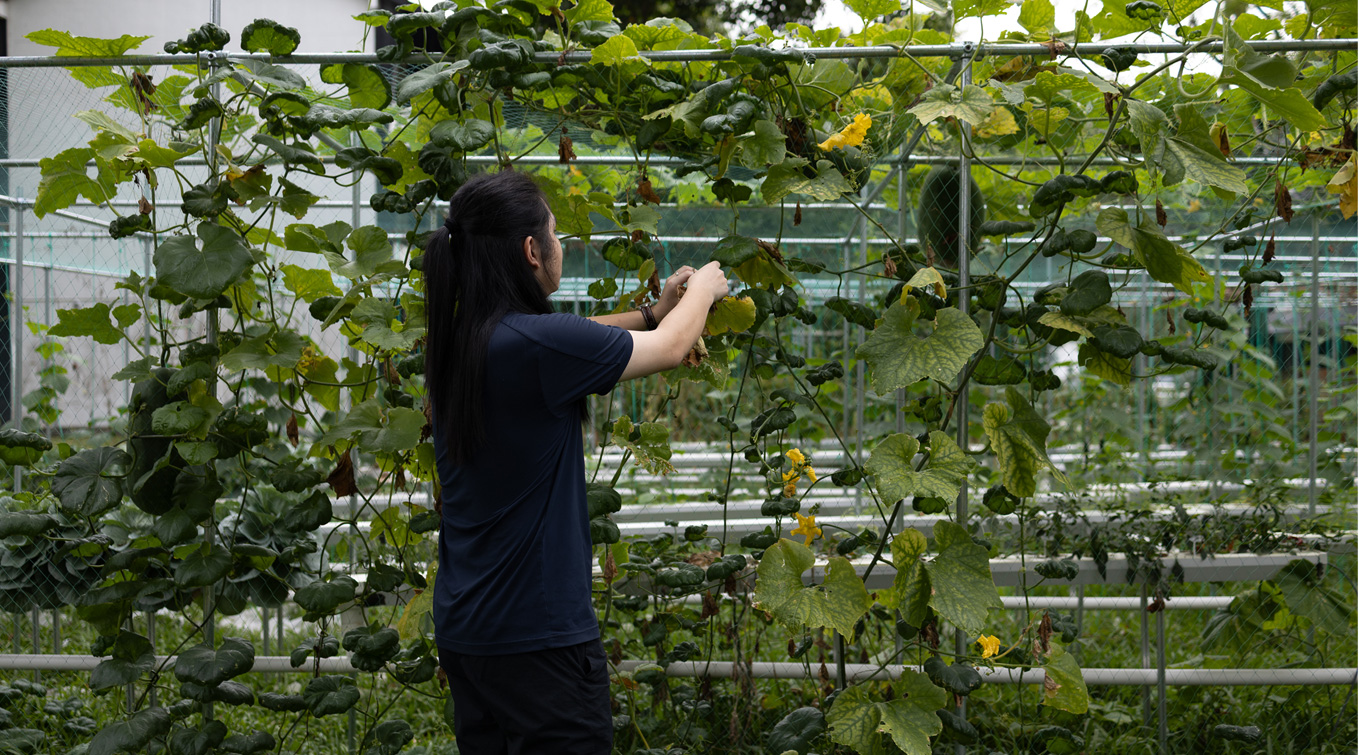
Why did you decide to pursue an MA?
After completing my fine arts degree and working in agricultural technology, I realised that I wanted to express my expertise in ecology. My hands-on experience in entrepreneurship taught me the value of innovation and strategic thinking, but I felt an MA would give me the advanced knowledge and frameworks to make my experience impactful.
Tell us more about your MA research
My MA practice explores agriculture as both subject and methodology. Pigments, which are self-grown and derived from plants, function as both a medium and metaphor in various artistic expressions, including installations, paintings and conceptual works. These pigments in question are cultivated and processed in accordance with intentional, seasonally attuned practices, thereby manifesting the principles of Wu Wei (non-interference) and profound ecological reciprocity.
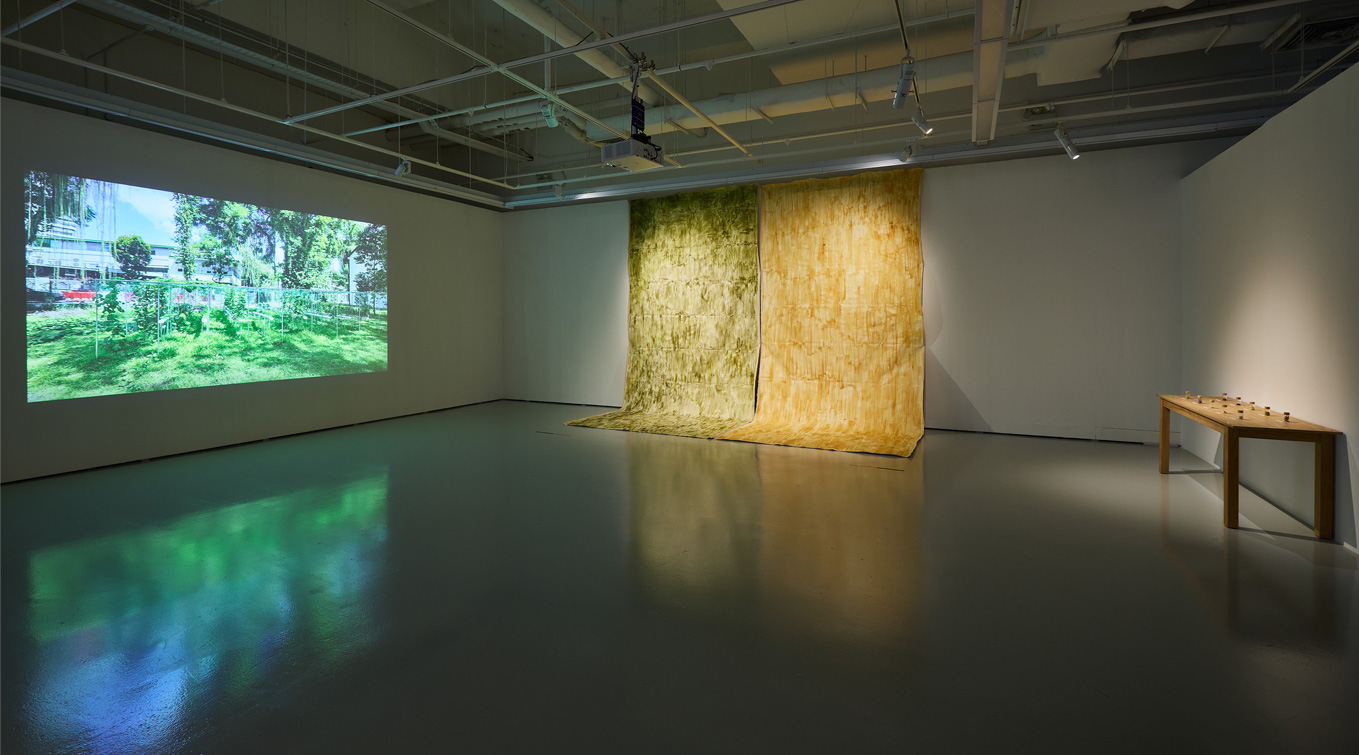
During the programme, I also had the opportunity to pitch the bionic agriculture system that I was trialling at Winstedt Campus at the Global AgriInno Challenge 2024, which was organised by the Food and Agriculture Organization (FAO) and Zhejiang University. The competition brought together participants from across the globe to present their innovative solutions aimed at transforming the agrifood systems.
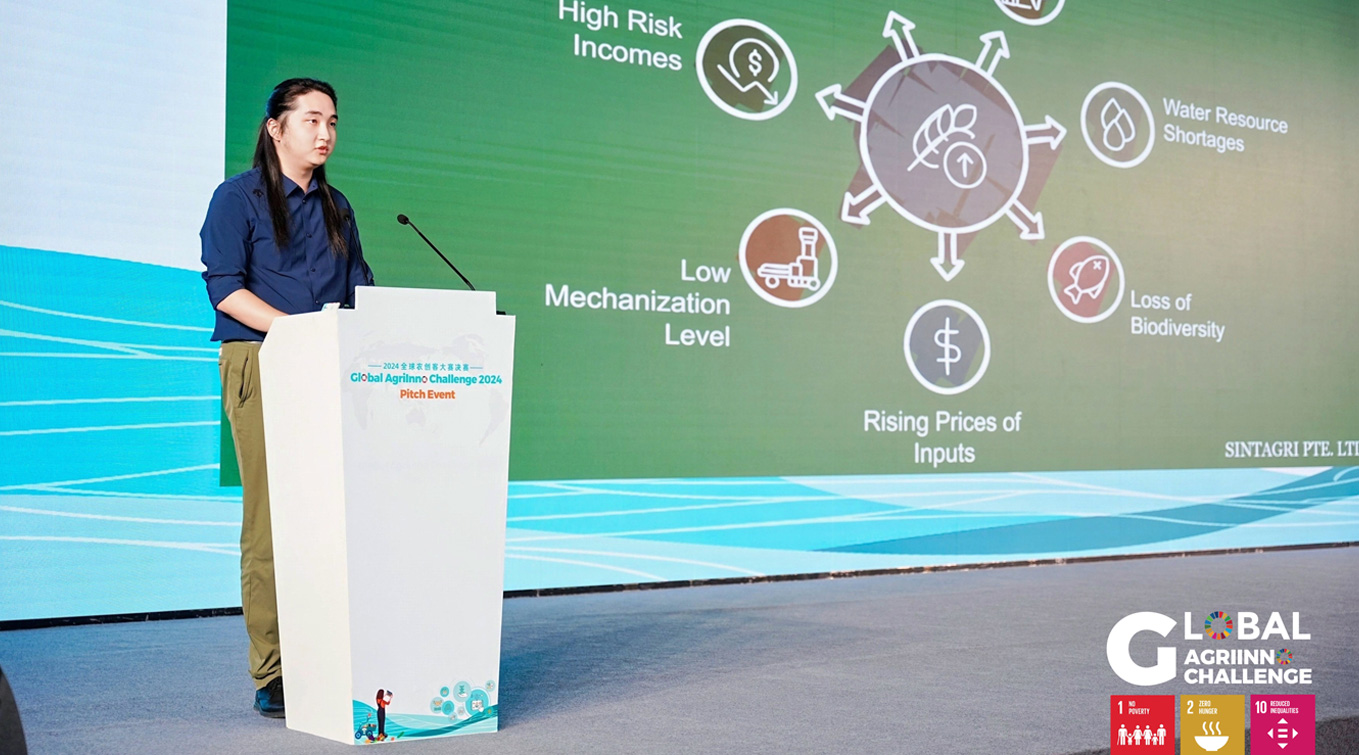
What aspect of the programme do you appreciate the most and why?
I'm excited that the school has given me a plot of land to test and experiment with the results of my hydroponics bionic system. The programme provided the space and time needed as well for the research process. I will miss my tutors and the school campus when I graduate.
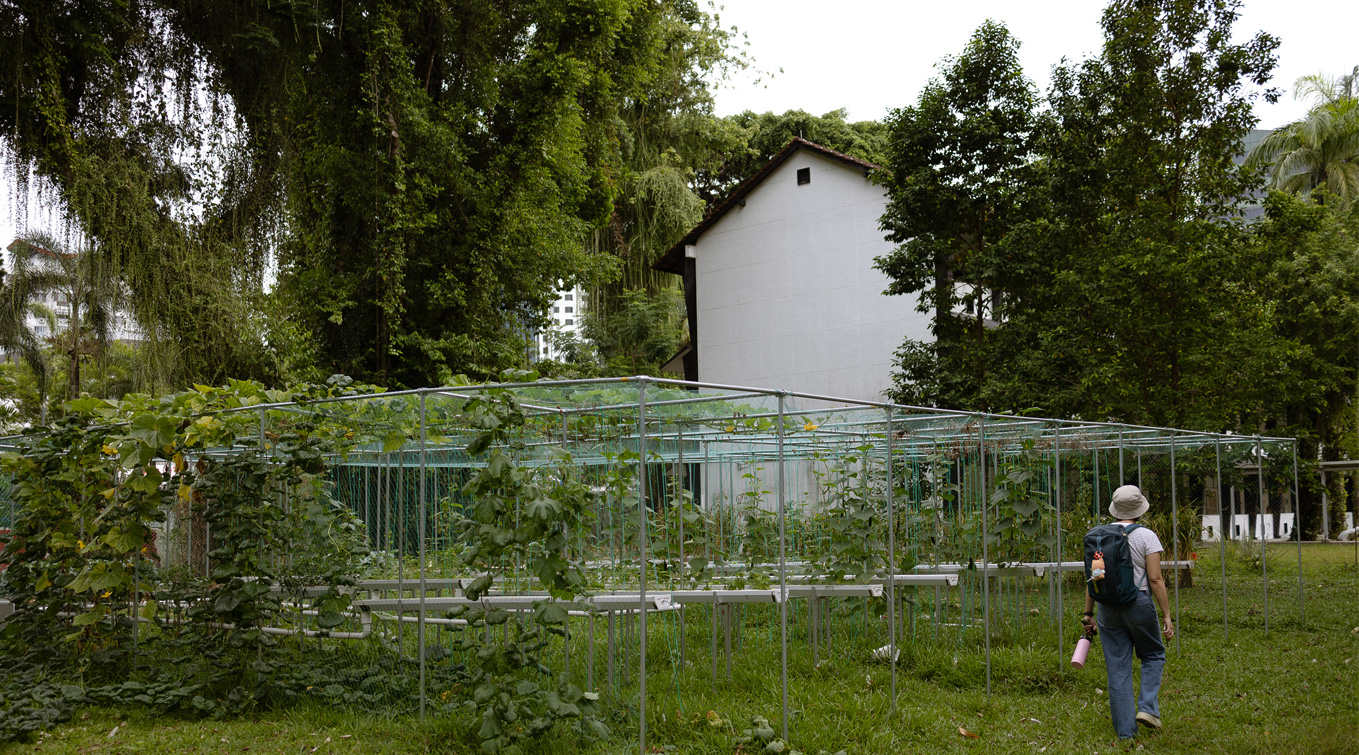
What's next for you?
I plan to tender for agricultural land in Singapore to prove my skills and realise a solution to an environmentally sustainable problem. I also have ongoing projects in China, Qatar, Ethiopia and New Zealand.
After which, I hope to continue to pursue a PhD in fine arts after the goal of technical promotion has been reached.
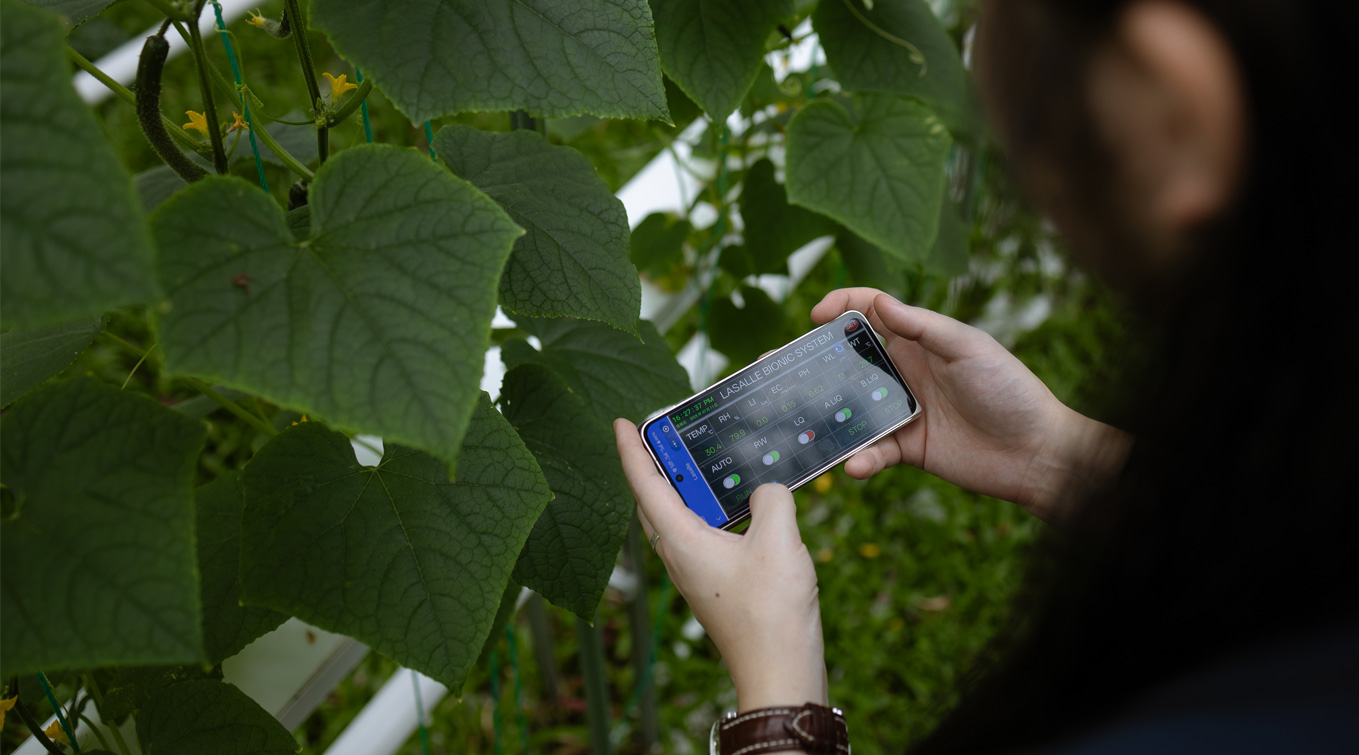
Pauline Lim: Redefining practice independent of industry pressures and commercial constraints
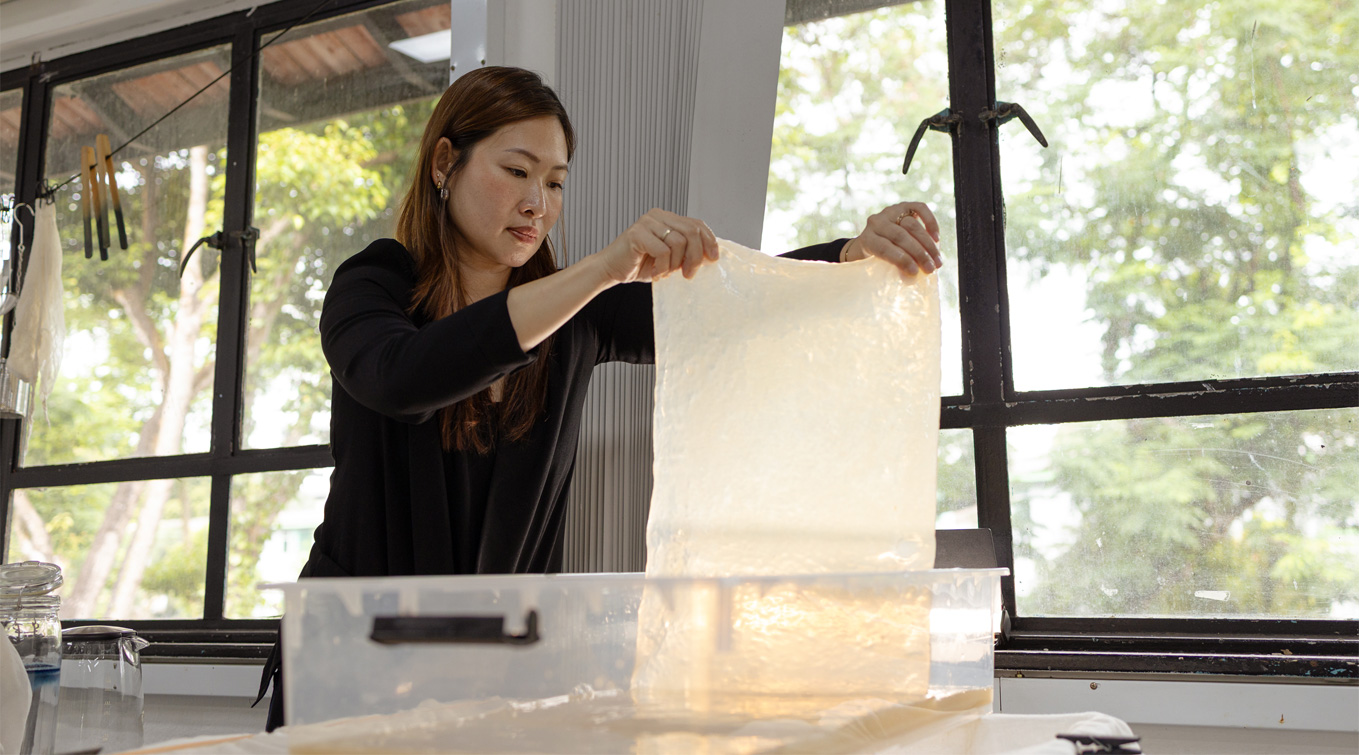
Why did you decide to pursue an MA?
My goal is to refine my draping skills, experiment with low/zero waste techniques, explore sustainable materials in Asia and pursue cross-disciplinary collaborations. Enrolling in this MA programme presents an opportunity to conceptualise innovative ideas and, ultimately, to redefine my practice with a fresh perspective that operates independently of fashion industry pressures and commercial constraints.
What aspect of the programme do you appreciate the most and why?
What I value most about the MA Arts and Ecology programme at LASALLE is its unwavering commitment to human-centred practice. Unlike traditional arts courses, which may or may not place more emphasis on conceptual or artistic results, ours ask simple questions on communities and real human needs that go far beyond what society wants.
This focus has also shifted the way I approach my practice, reminding me that good works are not just about making grand statements, but keeping people and living matters at the heart of creating.

What was an experience during the course of your MA programme that stood out to you?
I had the opportunity to weave my research into collaboration with some of my MA cohort at BioBat Art Space, Brooklyn, where we led a workshop bridging fashion, ecology and interdisciplinary art.
Picture this: a graphic designer, a digital fashion technologist and a fashion designer huddled next to the messy tables filled with process works, tossing ideas back and forth. Someone would propose a material experiment, another would weave in community engagement tactics, and then we ended up landing on something none of us could have conceived alone. That is the beauty of cross-pollination between disciplines.
This opportunity to experiment with sustainable material futures in a dedicated biotech-art environment feels particularly resonant with my practice—it was not just a workshop, but a live exploration of how creative communities can come together to create.
What would you miss most about your time at LASALLE?
Having the freedom to explore and experiment, as a student once again.
What's next for you?
I'd like to continue deepening material research, informing and expanding my work and practice in the domain of fashion, ecology and cultural memory.
